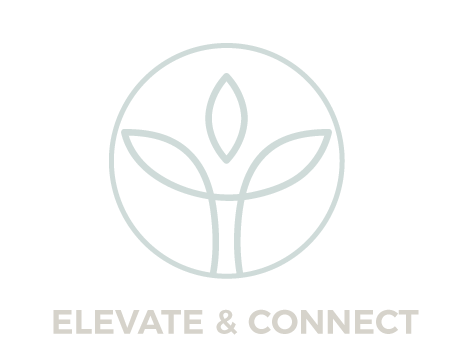Three things I learned about DEI while living in South Africa
By ALEX HOUSTON
In 2017, I made the decision to leave my home in Orange County, California and pursue my bachelor's and postgraduate degree at the University of Cape Town in South Africa. It was at the University of Cape Town that I earned my bachelor's degree in social science, with a triple major in Politics, Sociology, and Gender Studies. I went on to obtain my postgraduate honours degree in Justice and Transformation, a program that focuses on transitional justice, including human rights law, conflict resolution and peace-building.
Living in South Africa provided me with a unique opportunity to learn about diversity, equity, and inclusion (DEI) from a different perspective. South Africa remains one of the most unequal societies in the world, with significant disparities in healthcare, education, and other critical areas. These disparities are often tied to racial divides that stem from the country's history of apartheid. Today, South Africa continues to grapple with its historical legacy and faces challenges that provide valuable insight that can be applied to other countries and communities around the world. Here are three things I learned about DEI while living in South Africa:
1. Acknowledging and Addressing Historical Injustices is Critical to Building a More Inclusive Society
Both South Africa and the United States have a history of systemic racism and segregation. In South Africa, apartheid policies lasted for over four decades and only ended in 1994, resulting in significant socioeconomic disparities among different racial groups. Similarly, the United States has a history of slavery, segregation, and discrimination against people of color. In both countries, the past continues to shape contemporary society and contribute to ongoing inequality and systemic racism.
In South Africa, the Truth and Reconciliation Commission (TRC) was established in 1995 as a means of addressing the human rights abuses that had taken place during the apartheid era. The TRC was tasked with investigating the crimes of the past, promoting accountability, and promoting reconciliation between the perpetrators and the victims. While the TRC achieved some successes, such as providing a platform for victims to share their stories and promoting a sense of national healing, there were also many criticisms and limitations to its approach. the TRC was criticized for not adequately addressing the structural and systemic issues that underpinned the apartheid regime. As a result, many of the underlying issues that contributed to apartheid and continue to perpetuate inequality in South Africa today remain unresolved.
In order to understand and address present-day inequalities, it is essential to acknowledge the historical legacies that continue to shape them. This is particularly true in societies with a history of colonization, slavery, apartheid, or other forms of institutionalized oppression. While acknowledging historical injustices remains critical in promoting healing, reconciliation, and fostering greater understanding and empathy between different groups, identifying the root causes of inequality and discrimination, and dismantling structural and institutional inequalities is necessary for creating a more equitable society.
2. The difference between equality and equity
Living in South Africa, I saw first-hand the impact of historical injustices and ongoing systemic inequalities on different racial and ethnic groups. I learned that simply treating everyone the same is not enough to address these inequalities, and that targeted efforts to address historical and ongoing inequities are necessary for promoting greater diversity, equity, and inclusion.
Equality refers to the idea that everyone should be treated the same regardless of their race, ethnicity, gender, or other identity markers. In the context of DEI, equality means that everyone has access to the same opportunities and resources.
Equity, on the other hand, recognizes that not everyone starts from the same place and that some people may need more support or resources to overcome historical and ongoing systemic inequalities. Equity means that everyone has access to the opportunities and resources they need to succeed, even if that means providing additional support or accommodations to marginalized groups.
In South Africa, the legacy of apartheid has created deep-seated inequalities and disparities that continue to impact different groups in different ways. While the end of apartheid brought about political equality, the effects of the past policies continue to shape economic and social opportunities. As a result, simply treating everyone the same is not enough to address the underlying systemic issues that contribute to ongoing inequalities.
3. Creating an Inclusive Society Requires Continuous Effort and Dialogue
Another important lesson I learned was that true inclusion requires a willingness to listen and learn from others. As a foreigner in South Africa, I had to be open to different perspectives and ideas, even if they challenged my own beliefs.
I saw how important it was for people to have their voices heard and valued, and to be treated with respect and dignity. This required active listening and a willingness to engage in dialogue, even when it was uncomfortable. I learned that to truly include others, we need to put ourselves in their shoes, understand their perspectives, and respect their experiences. This means creating spaces where everyone feels safe to express their opinions and ideas, and where perspectives of individuals with different backgrounds are valued.
Overall, my time in South Africa has taught me that DEI is not just an abstract concept, but a tangible and urgent necessity. I have learned that we all have a responsibility to address systemic inequities. It's not enough to simply say that we believe in equality. Historical legacies shape contemporary inequalities, equity is necessary to address ongoing systemic inequities, and true inclusion requires active listening and dialogue. By applying these lessons, we can create a more diverse, equitable, and inclusive society for all.
